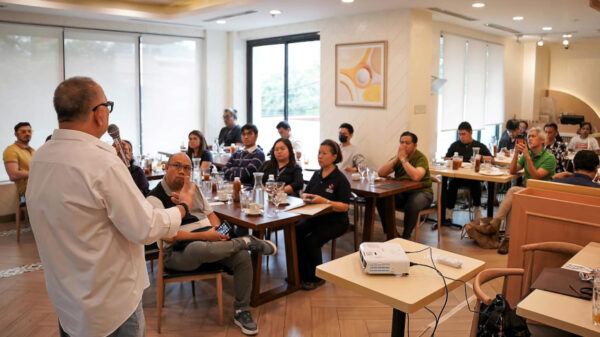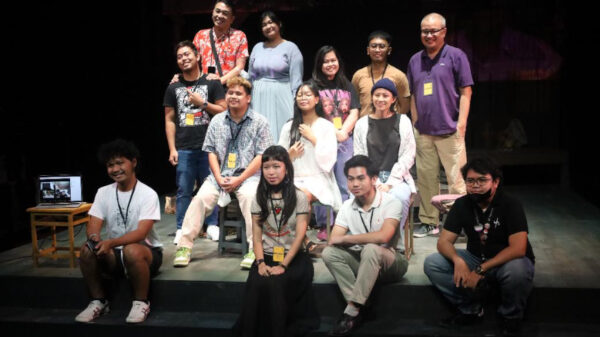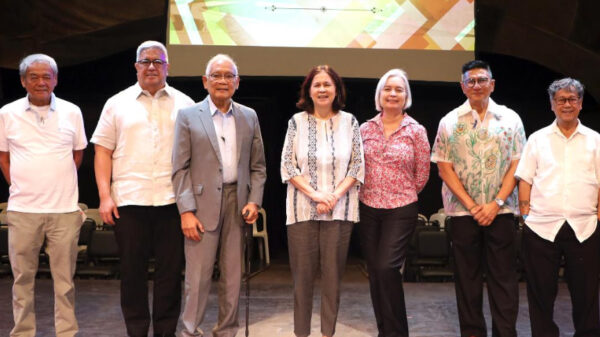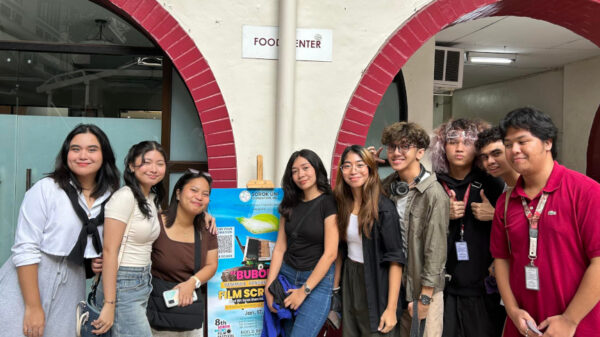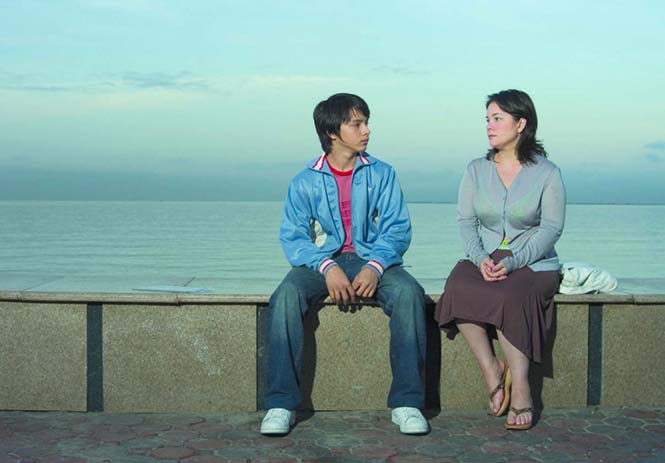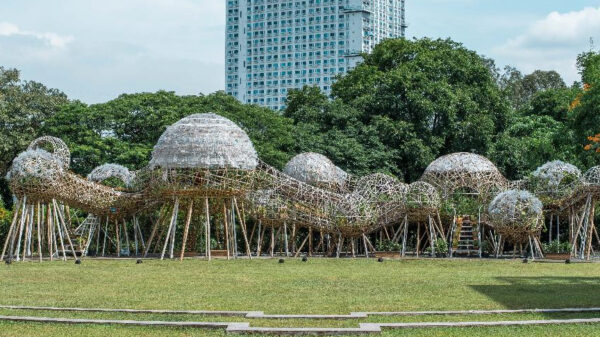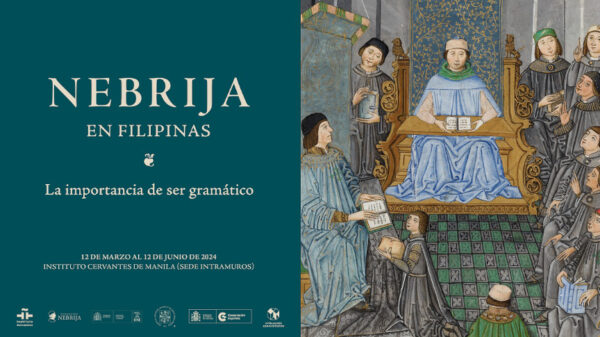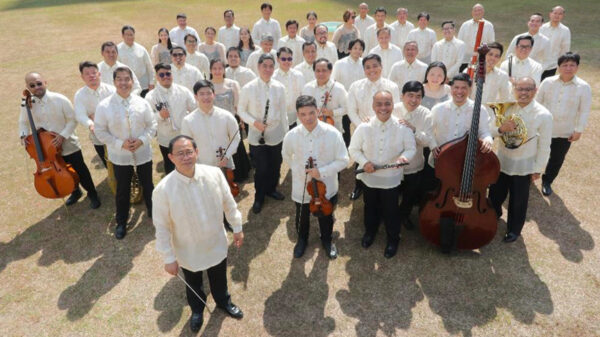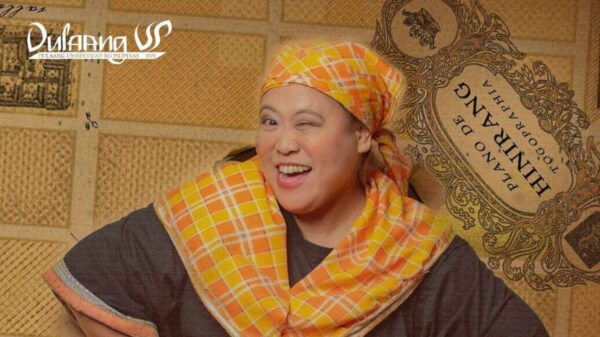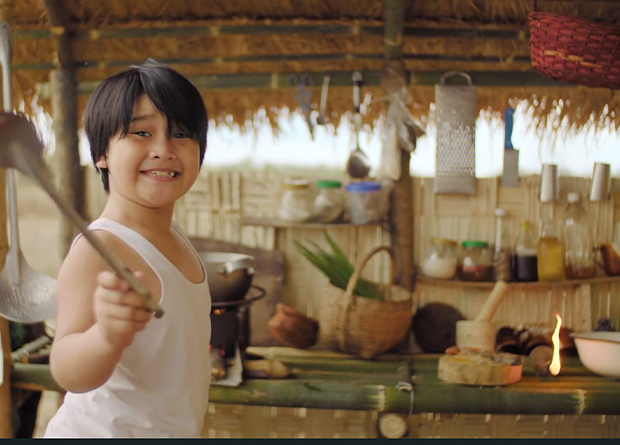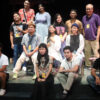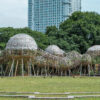Cinemalaya 2020 goes virtual this year because of Covid-19, and the focus is “removed” from full length feature films to give “chance” to short films (which are in the main competition).
For those wanting to see these short films in competition, sign up for a Vimeo account at https://vimeo.com/ondemand. You may JOIN VIMEO with your email address, Google, or by using the ‘LOGIN WITH FACEBOOK’ option.
If you already have an account, log in to Vimeo and search for Cinemalaya ’16 or go directly via this link https://vimeo.com/ondemand/cinemalaya2020standard.
“Quing Lalam Ning Aldo (Under the Sun)” – by Reeden Fajardo – tells the story of a gay man (though the character may be transgender, except that he/she never really self-identified as such) who runs a sampaguita farm, and whose son is coming home for a visit. The prep that goes into the visit is the focus.
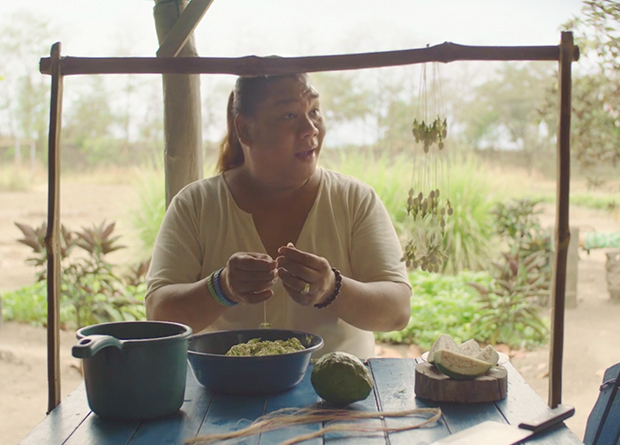
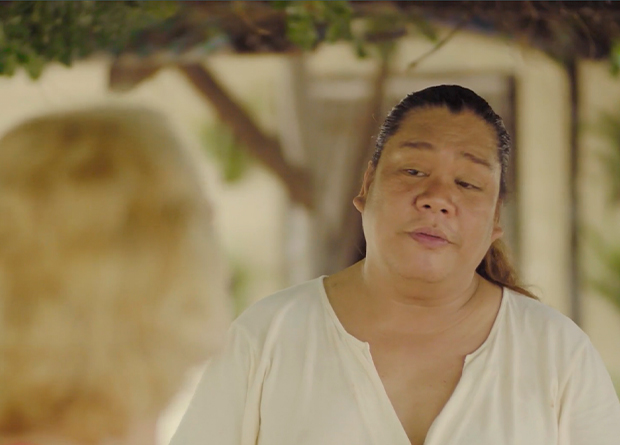
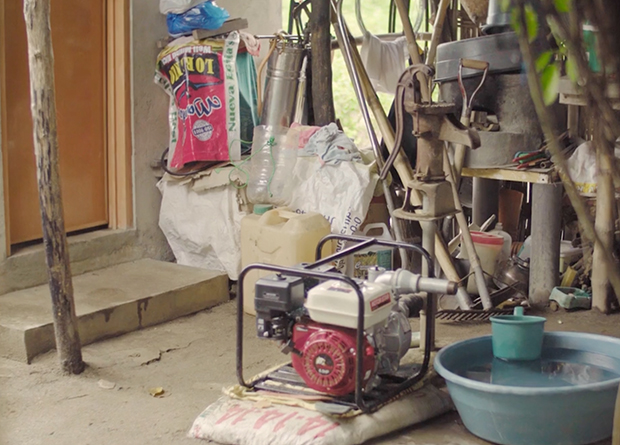
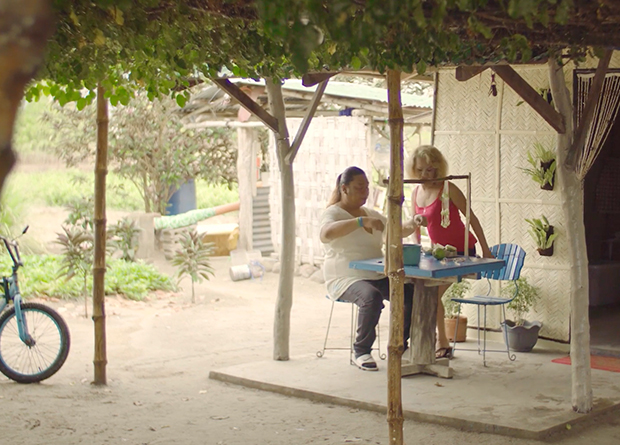

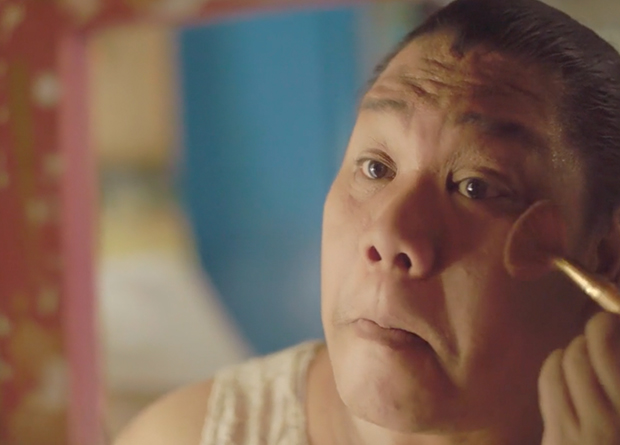
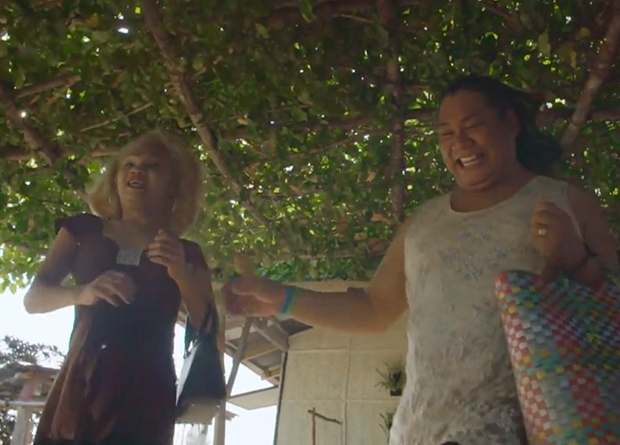
ISSUES WORTH HIGHLIGHTING
This is a… simple film. And this over-simplicity shows.
- Stage-y production design – e.g. that “gasera” lying down on the wooden dirty kitchen at daytime.
- Forced acting – e.g. the very first time characters spoke, it felt… forced, like the way non-actors stereotypically would when they know there’s a camera around.
- Forcing to be funny – e.g. use of “pain”… leading to Ate Gay kind of singing.
- Too-long shots – e.g. the cooking pots in the market.
- Some technical issues – e.g. sound editing is inconsistent (like when the main character was given the bad news).
- Characters aren’t fully developed, so you don’t really empathize with them. This is too bad because many of the issues are very Filipino – e.g. parenthood, alternative families, OFWs and their families, etc.
- A story that’s not fully-developed – e.g. the two main characters live together, but what’s that girl doing there? Why is the dirty kitchen THAT shabby? The main character already has people working for him/her, and yet… he/she still does the floor sewing/linking all by him/herself? Why doesn’t the son talk to his parent, choosing to speak with the parent’s housemate?
- Did the director want to anchor the story on the sampaguita… or the cooking? Choosing one would have been more impactful (or even merging both; say, recipes with sampaguita as ingredients?).
- With the so-so attempt to focus on food, I wished there was more emphasis on this – i.e. it would have been great actually salivating over what was being prepped.
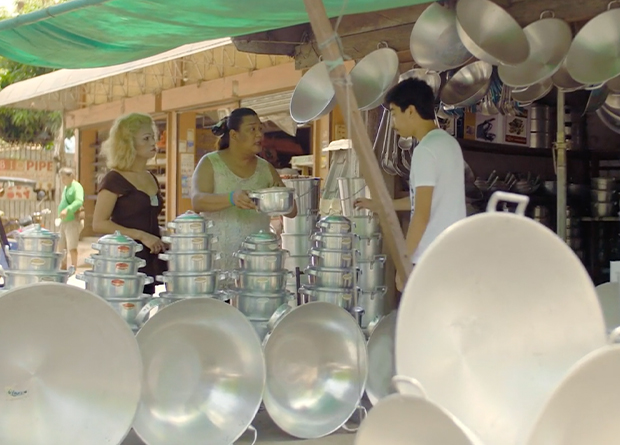
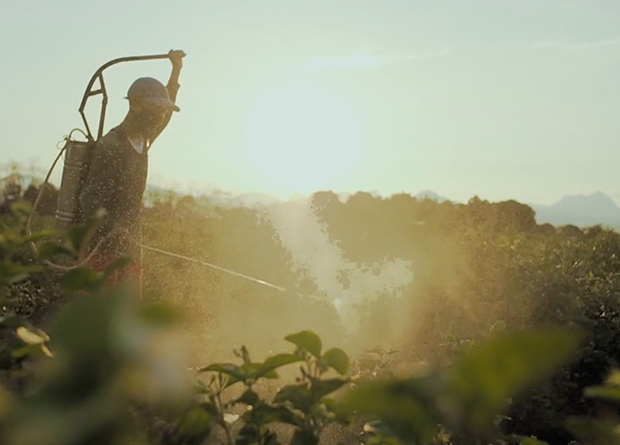

WHAT’S GOOD
- This isn’t entirely new, the use of cooking to tell a more intricate tale – e.g. “The Scent of Green Papaya” did it oh-so-well, while “Kusina” (that movie with Judy Ann Santos) did it not-so-well. But this is a not-extremely-shabby inclusion to this form of storytelling, this one from rural Philippines perspective.
- The shots – let’s say, “lots of shots” – can get poetic, befitting the tale being told (e.g. prepping food, farming, linking of the sampaguita flowers, etc).
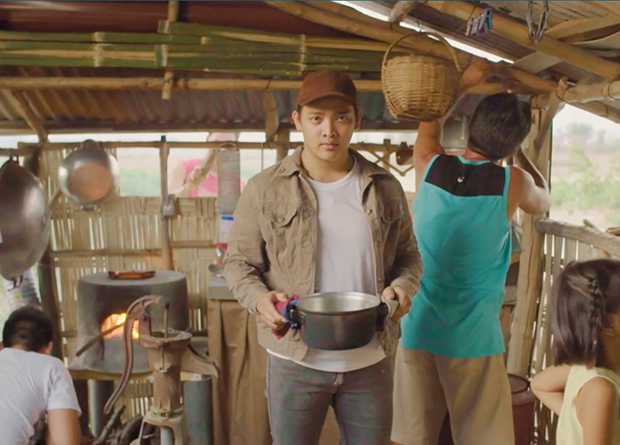
IN THE END…
A short, short flick about a gay (or trans) parent wanting to be with his (or her) kid, this felt forced at times. But it was quickly finished, so it didn’t feel like it overstayed its welcome.


